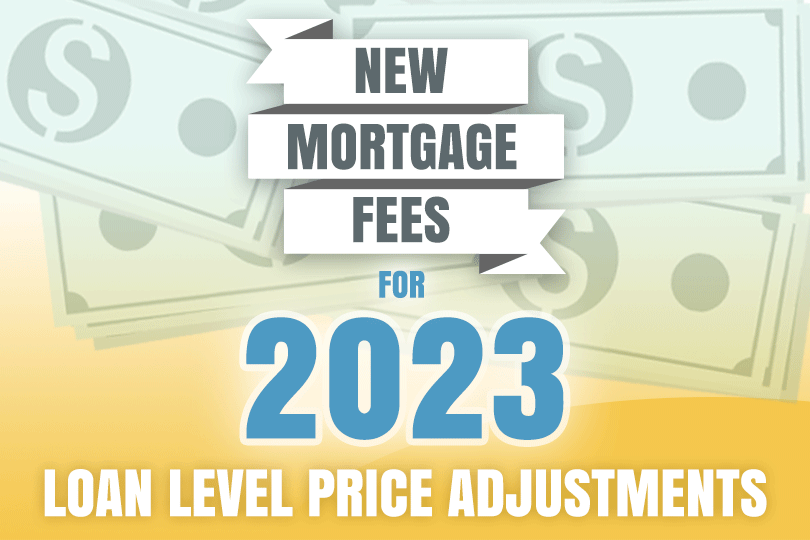Do New Mortgage Fees Starting in May 2023 Affect FHA Mortgages?

“If you're looking to buy a home, be aware that mortgages will change next month.” Beginning May 1, 2023, there are adjusted upfront fees for mortgages backed by Fannie Mae and Freddie Mac.
The adjustments come thanks to changes in something formally known as Loan Level Price Adjustments or LLPAs. USAToday reports these are “the fees that vary from borrower to borrower based on their credit scores, down payments, types of home and more.”
The bottom line for these changes? Some loan applicants with higher FICO scores may pay more for their home loans going forward than those with lower FICO scores.
Do These New Changes Affect FHA Mortgage Loans?
A press release by Fannie Mae includes mention of the changes noted above, saying they “represent the next step in our effort to increase support for borrowers historically underserved by the housing finance market while ensuring a level playing field for small and large lenders, fostering capital accumulation, and achieving viable returns on capital.”
The press release says the new rules include “stand-alone, base price grids for purchase loans, limited cash-out refinance loans, and cash-out refinance loans...” but none of the changes mentioned apply to non-Fannie Mae or Freddie Mac mortgages.
FHA home loans are unaffected by these changes. Why?
The Difference Between FHA and Fannie/Freddie
The main difference between FHA mortgages and the home loans that qualify as Fannie Mae and Freddie Mac mortgages?
The U.S. federal government backs the FHA loan program by guaranteeing that the government will repay a portion of the loan amount should the mortgage fall into delinquency.
FHA loans require occupancy, a down payment, and minimum FICO scores to qualify, which may be lower than conventional equivalents. FHA standards and lender requirements for FICO scores both apply.
Fannie Mae and Freddie Mac loans are conventional mortgages that meet Fannie/Freddie guidelines. Why do they need to meet these requirements? The government agrees to purchase mortgages from conventional lenders if they meet the guidelines for Fannie and Freddie loans.
According to the Consumer Financial Protection Bureau, Fannie and Freddie loans are conventional mortgages featuring “loan guarantees from Fannie Mae and Freddie Mac” which “reduce risk for lenders who make loans and investors who might purchase them.
This makes loans more affordable and contributes to the availability of 30-year fixed-rate loans.” CFPB also notes that loans not qualifying for Fannie Mae or Freddie Mac guarantees “are typically more expensive.”
------------------------------
RELATED VIDEOS:
What Is an FHA Loan?
Using an FHA Loan Calculator
Meeting FHA Loan Guidelines Improves Your Chances

Do you know what's on your credit report?
Learn what your score means.







